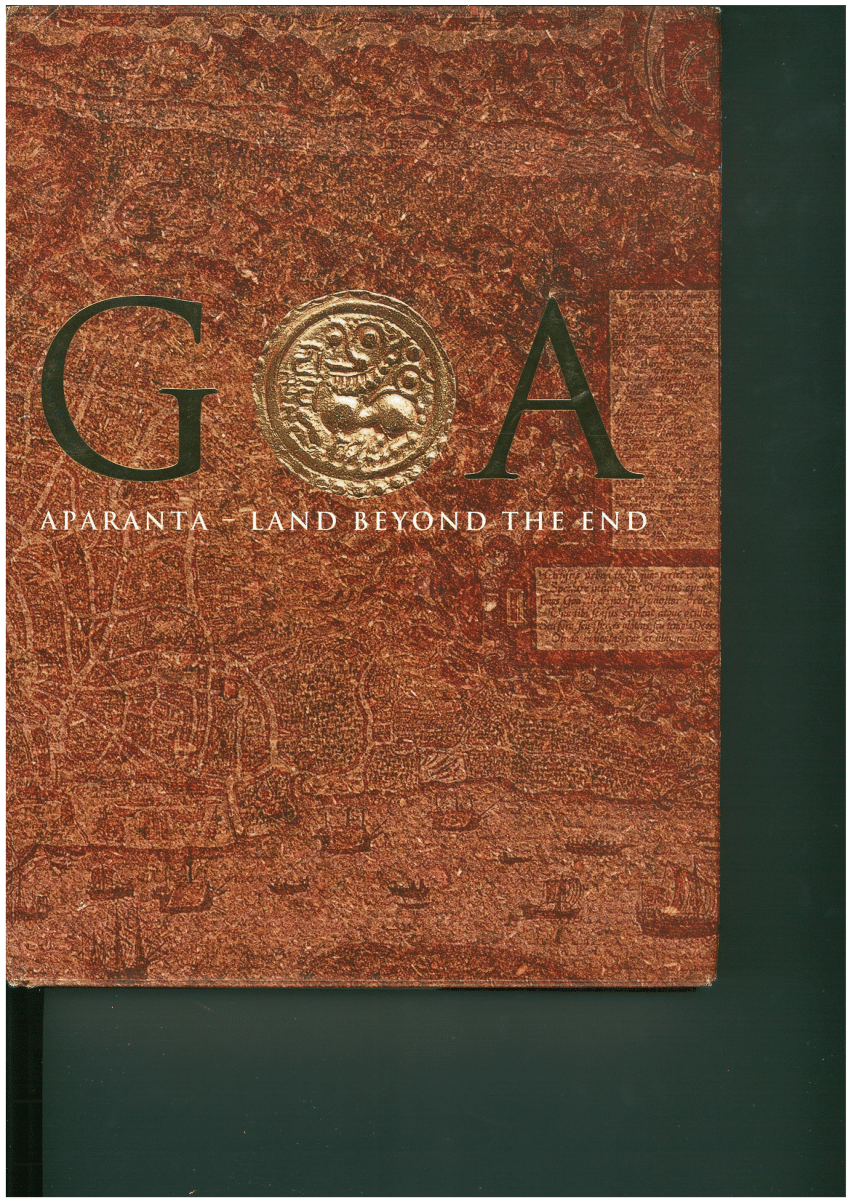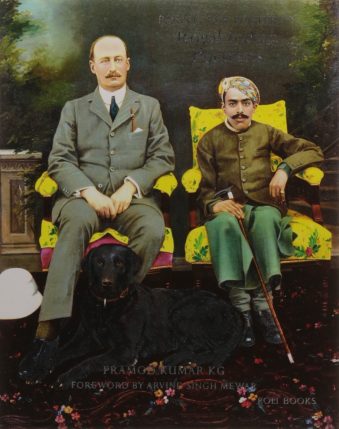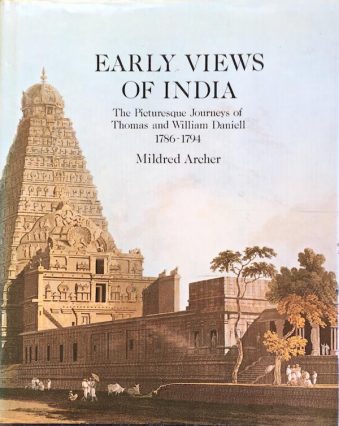- Empty cart.
- Continue Shopping
Goa, Aparanta-Land Beyond the End
₹2,600.00
By Victor Rangel-Ribeiro
ISBN-10 : 8190426508
ISBN-13 : 978-8190426503
2 in stock
Victor Rangel-Ribeiro, the award-winning author whose debut novel, Tivolem, was named one of the twenty notable first novels to be published in America in 1998, was born in Goa, India, in 1925, then a Portuguese colony.
First published in Bombay, his short stories have since been featured in three top American literary magazines—the North American, Iowa, and Literary Reviews. Other pieces appeared in The Indian-American. HarperCollins, India, published his short fiction, Loving Ayesha and Other Stories, in 2003, with illustrations by the celebrated Mario Miranda; it promptly made the bestseller lists in that country.
He loves to share his knowledge of writing techniques with aspiring authors and his workshops in Goa and Bombay are invariably oversubscribed. In June 2002, he was invited by the University of Mauritius and a Mauritian presidential commission to conduct a weeklong writing workshop in that distant island republic. He has conducted workshops two workshops at the South-Western Writers’ Association Conference in Tucson, Arizona.
In 2003, Sewanee University in Tennessee assigned Tivolem as required reading for a course in international literature, along with works by Salman Rushdie, Arundhati Roy, and Chinua Achhebe. Tivolem has been studied at Yale University, and is currently part of the MA curriculum at Goa University. Until 2011 he was on the International Online Creative Writing Faculty of Fairleigh Dickinson University’s MFA program in Madison, New Jersey.
Now 89 years old and writing daily, Rangel-Ribeiro’s spare time interests include reading voraciously, listening to and making music (he conducts the Goa State String Orchestra in concert each time he now visits Goa), history, travel, photography, and playing impish games with his five grandchildren. He speaks Konkani fluently, and reads both the Romi and the Devanagari script. He also speaks Hindustani and various European languages, and can be easily misunderstood in all of them.











